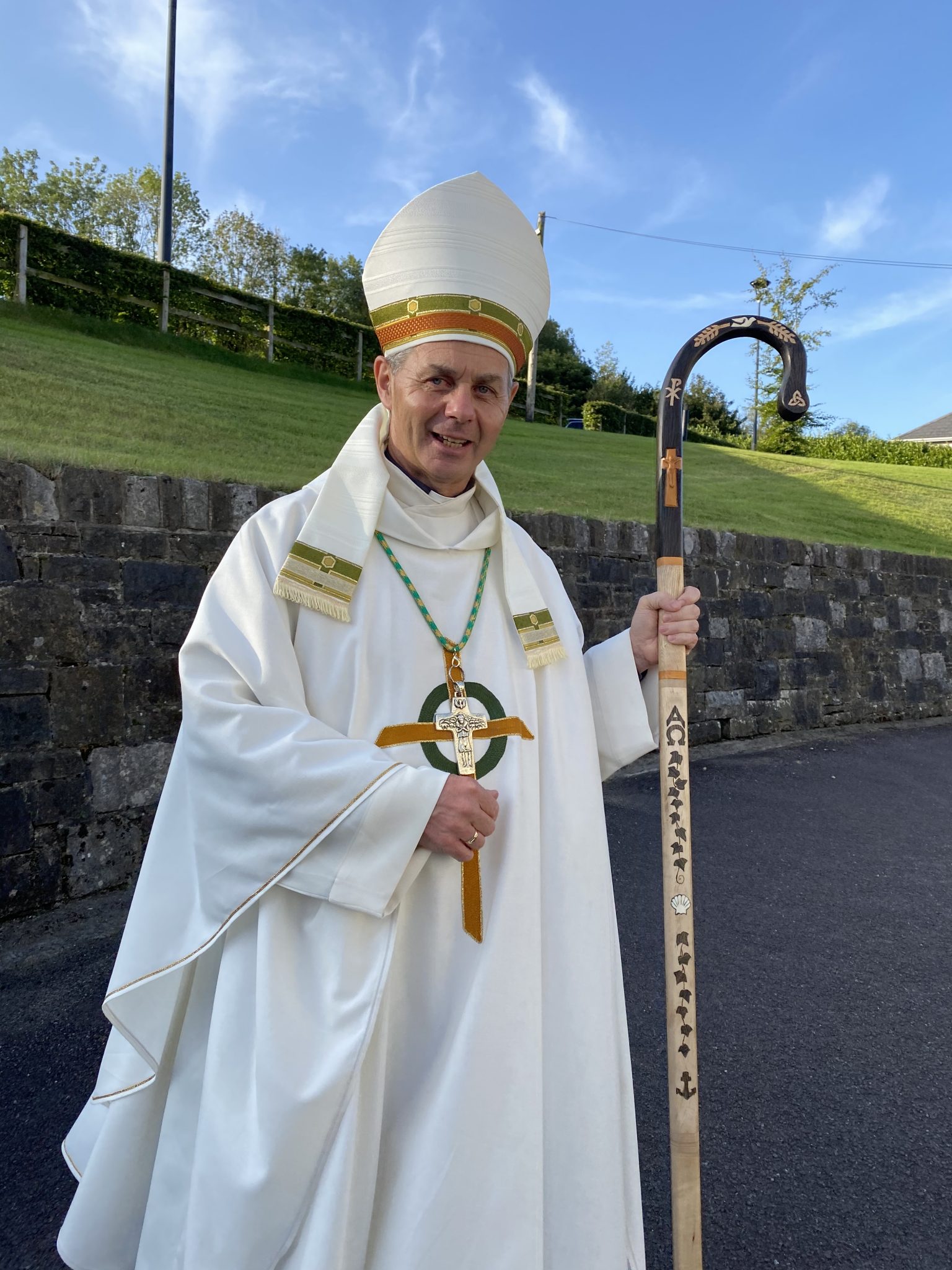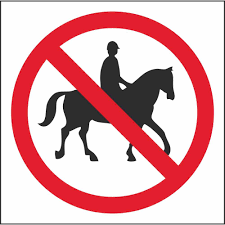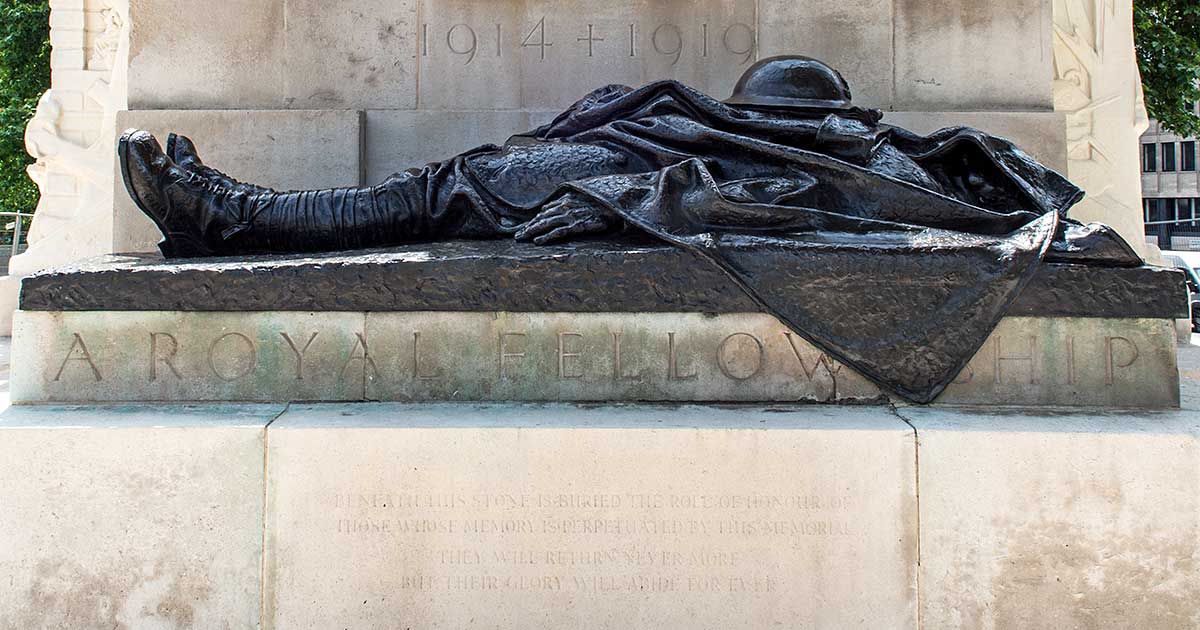Non-charitable Purpose Trusts and Gifts to Unincorporated Associations
1/36
Earn XP
Description and Tags
These flashcards cover key vocabulary and concepts related to non-charitable purpose trusts and gifts to unincorporated associations.
Name | Mastery | Learn | Test | Matching | Spaced |
|---|
No study sessions yet.
37 Terms
Non-charitable purpose trusts
Trusts established for specific purposes rather than for identifiable persons.
General rule = they are invalid but there are exceptions that courts tolerate
Private purpose trusts
Another term for non-charitable purpose trusts.
Beneficiary principle
The requirement that there must be someone who can enforce the trust.
Rationale for invalidity of non-charitable purpose trusts:
Enforceability - must be someone for the court to order performance in favour of
Certainty of purpose - vague or abstract terms will fair
Caprious/Wasteful - courts will not uphold eccentric or pointless purposes even if they’re not illegal
Inalienability - trust must vest or end within a limited lime

Morice v Bishop of Durham (1804)
‘there must be someone in whose favour the court can decree performance’
![<p><em><span style="color: red">Re Denley's Trust Deed</span></em><span style="color: red"> [1969]</span></p>](https://knowt-user-attachments.s3.amazonaws.com/f22e8d88-4ac6-4e6f-beaa-69265d540871.webp)
Re Denley's Trust Deed [1969]
suggested trusts for private trusts for purposes that benefit ascertainable beneficiaries directly can be upheld.
controversial
a trust for the purpose of providing a sports field to be used by employees of a company was upheld because it delivered a real and tangible benefit
![<p><span style="color: red"><strong><em>Re Astor’s Settlement Trusts</em> [1952]</strong></span></p>](https://knowt-user-attachments.s3.amazonaws.com/e9332069-00fc-4747-a19b-a68cdcab0334.png)
Re Astor’s Settlement Trusts [1952]
Trust to hold shares of a company for the purposes such as “promoting the understanding and cooperation between nations and the independence and integrity of newspaper”
Void = lack of ascertainable beneficiaries and uncertainty
![<p><strong><em><span style="color: red">M’Caigs Trustees v. Kirk-Session</span></em><span style="color: red"> [1915]</span></strong></p>](https://knowt-user-attachments.s3.amazonaws.com/2d2a7cb3-0e31-4242-91c0-4105bb10787c.jpg)
M’Caigs Trustees v. Kirk-Session [1915]
Testatrix wanted 11 gold statutes made of her parents and all their children
Trustees were directed to maintain the statues and tower
Certain beneficiary who stood to benefit from her estate challenged the validity of the instructions as their payments were delayed until this was implemented.
Court held this was void - wasteful, no benefit to the public because they couldn’t access it
LCRA [2009] s. 16
Rule against inalienability retained for non-charitable purpose trusts
Public policy against property not being vested in anyone. Offends the free markets
🇮🇪 Rule of Perpetuity: Ireland
abolished!
trusts they can last beyond 21 years but they still must comply with the rule against inalienability (s.16 LCRA)
Two rules are linked but not the same!
🇬🇧 Rule of Perpetuity: England
non-charitable purpose trusts intended to endure beyond 21 year period = INVALID
![<p><em><span style="color: red">Re Fossil’s Estate </span></em><span style="color: red">[1934]</span></p>](https://knowt-user-attachments.s3.amazonaws.com/5b4622fd-f8e0-4b23-80ec-c6e812d7e9e5.jpg)
Re Fossil’s Estate [1934]
Gift to the Orange Order Hall in Dublin ‘for the upkeep’ held to violate the rule against inalienability
Upkeep implies to would be maintained for an indefinite period.
![<p><em><span style="color: red">Re Hooper </span></em><span style="color: red">[1932]</span></p>](https://knowt-user-attachments.s3.amazonaws.com/f0fabdcf-3f5a-4dfa-8dfb-fe259f4b6c7c.jpg)
Re Hooper [1932]
Gift to trustee for the maintenance of family graves ‘as far as they legally can do so’
Anomalous purpose trust
Trust upheld and said to be valid for 21 years, after this any residual money was to be given to beneficiaries of the estate.
Exceptions to non-charitable purpose trust’s invalidity: Imperfect obligation trusts
Trusts that cannot be legally enforced but may allow trustees to optionally carry out the trust's purposes.
There are few examples were the court has tolerated anamolous trusts of this nature
Court must decide if trustee is permitted to carry out these purposes.
They are on the books because of their long history but courts will be unlikely to hear these now

Exception 1: Trusts for the maintenance of specific animals
Non-charitable purpose trusts for the care of a specific animal
Must be clear and have specific limits
![<p><span style="color: red"><strong><em>Pettingall</em> [1842] </strong></span></p>](https://knowt-user-attachments.s3.amazonaws.com/0336d3cf-0c32-49e9-b015-d2ae0c23a6db.jpg)
Pettingall [1842]
maintenance of testators ‘favourite black mare’ upheld

Re Dean (1889)
maintenance of horses and hounds upheld

Mitford v. Reynolds (1848)
‘keep of horses’ and for them never to be used, ridden, driven or applied to labour
upheld
![<p><em><span style="color: red">Re Kelly</span></em><span style="color: red"> [1932] IR 255</span></p>](https://knowt-user-attachments.s3.amazonaws.com/120151ac-1bd6-402d-b0ad-fe5fe1e3dec4.jpg)
Re Kelly [1932] IR 255
£100 left in trust for the testators 4 greyhounds
£4 a year to be used for the maintenance of each of them
If any surplus remained after the last dogs death then this would be a ‘gift over’
Gift for the maintenance = valid non-charitable purpose trust
could be severed after 21 years
sufficiently certain - 4 dogs at 4 pounds would not go over the 21 years
Gift over = void
offended the rule against perpetuity
Animals held not be be a life in being

Exception Two: Maintenance for Graves, Tombstones & Memorials
Charities Act 1961, s.50: makes certain gifts for tombstones to be treated as charitable
Outside s.50, if non-charitable purpose they must be:
Limited to perpetuity period
Not vague and sufficiently certain
Can be reframed as charitable
![<p><span style="color: red">R<em>e Endacott </em>[1960]</span></p>](https://knowt-user-attachments.s3.amazonaws.com/1eab2adf-7234-428a-8ea2-f3b65b077a86.jpg)
Re Endacott [1960]
Testator left his estate to a parish council to provide "some useful memorial" to himself.
Trust = void
no ascertainable beneficiaries, making it too vague to qualify as a valid non-charitable purpose trust.
no certain purpose of the trust
Lord Evershed MR emphasised that vague purposes (like a "useful memorial") are not analogous to narrow exceptions (e.g., maintaining tombs in Re Hooper) and that anomalous cases should not be expanded.
Memorials generally are not sufficient unless tied to specific, limited purposes like grave upkeep in Re Hooper.
The exceptions to non-purpose trusts being invalid are very specific and this could not fall into one.
Arguments for change to approach to non-charitable purpose trusts
USA use the Restatement which views non-charitable purpose trusts as ‘powers’
Powers are not subject to the same formalities of a trust
Keane also argues this for Ireland
Seems to be rejected in UK’s Re Endacott as court said they can’t salvage valid power from an invalid trust.
Exception 3: Gifts to Unincorporated Associations
Unincorporated association = aggregate of it’s members
Example: school, sports groups, special interest groups and most religious orders.
Judicial approached based on the language of the gift:
Gift to individual members - valid
Trust in favour of current/future members - invalid usually (rule against inalienability)
Contract-holding' theory - valid if contractual link is valid
Trust for the purpose of association - invalid unless the purpose = legally charitable/charitable trust
Contract-holding theory
The theory that gifts to unincorporated associations are governed by the contractual rights of members.
This is seen as the starting point for courts now when dealing with trusts to unincorporated groups.
![<p><em>Re Delaney [1883] </em></p>](https://knowt-user-attachments.s3.amazonaws.com/7e15094a-2560-4a9a-9b53-8d9cf12331b1.webp)
Re Delaney [1883]
Left to the sisters of mercy in Bandon
This construction is valid– but note: this means that each member can simply take their portion of the gift and do what they like with it, which is unlikely to be the intention of the settlor/testator (nor is it likely to be welcomed by various religious orders)
Morris v McConville [1883]
invalid gift to future members of an unincorporated association.
This construction is, absent specific facts to the contrary, invalid because it violates the rule against inalienability
Left to the ‘the convent’ implying it as an institution with a permanent contribution to be carried out, rather than individual members.
![<p>Neville Estates Ltd v Madden [1962] 1 Ch 832</p>](https://knowt-user-attachments.s3.amazonaws.com/cc207098-b628-4f88-bd67-1d6880a68a63.jpg)
Neville Estates Ltd v Madden [1962] 1 Ch 832
Laid down the contract holding theory for transfers to unincorporated associations
Land held by Synangogue that promoted Judaism, held on valid charitable trust
Cross J described what would happen if it was not a charity:
gift to an existing member at current date as joint tenants
gift to existing member subject to contractual transaction
property to be held on trust for the purposes of the unincorporated association
Conservative and Unionist Central Office v Burrell [1982] 1 WLR 522, 525
There must be a valid trust amongst members
Tory and Unionst MPs were part of association just by being elected.
Property could not be held by them as there was no valid contract
![<p><em><span style="color: red">Re Grant’s Will Trusts </span></em><span style="color: red">[1980]</span></p>](https://knowt-user-attachments.s3.amazonaws.com/c63c79d6-7c2b-495c-acf9-9de705e40a0a.jpg)
Re Grant’s Will Trusts [1980]
A case illustrating the need for contractual mechanisms in gifts to unincorporated associations.
Member of Labour had donated gift to Labour Party Property Committee but this was held not to be contractually linked to him.

Bacon v Pianta (1966)
Gift to Communist Party of Australia not valid
No members list and no mention of how to distribute the property in contractual rules
Alston v Cormack Foundation Pty Ltd [2018]
Charitable purposes for unincorporated associations were upheld.
Hanchett-Stamford v Attorney-General [2009]
A case indicating the contract-holding theory as the prevalent interpretation in English law.
Leahy v Attorney-General
farm left to nuns, assumed they would not want to live in rural new south wales so court interpreted this as not what was intended
valid
Unincorporated associations
Groups that do not have legal personhood and thus cannot individually hold property.
![<p><span style="color: red"><em>Re Eighmie</em> [1935]</span></p>](https://knowt-user-attachments.s3.amazonaws.com/8e0c1662-dea3-4161-949c-beefe312c7ba.jpg)
Re Eighmie [1935]
Trust for the maintenance of a public memorial owned by local authority was reframed to be charitable for compliance
Lives in Being
People who are alive at the date when the trust (or gift) takes effect — normally the death of the testator in a will, or the date of settlement if it’s a lifetime trust.
✅ They must be real, identifiable humans.
✅ They must be already alive at the time the trust starts — not unborn future people.
Note on animals and grave maintenance as the purpose for non-charitable trust
old case law
narrow exceptions and strictly applied e.g Re Endacott did not apply Re Hooper
were allowed as ‘concessions to human sentiment’ but are now seen as anaomlies